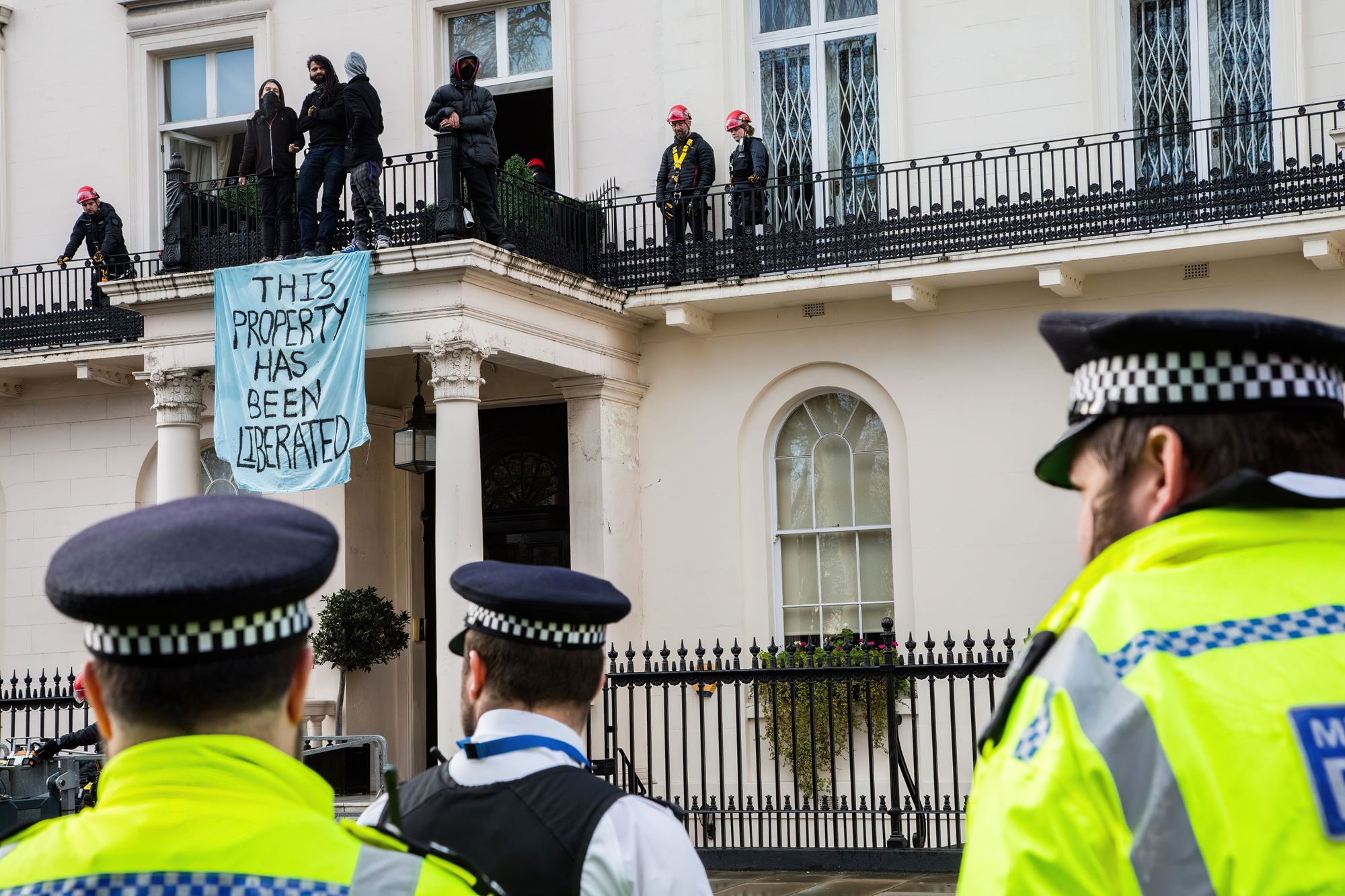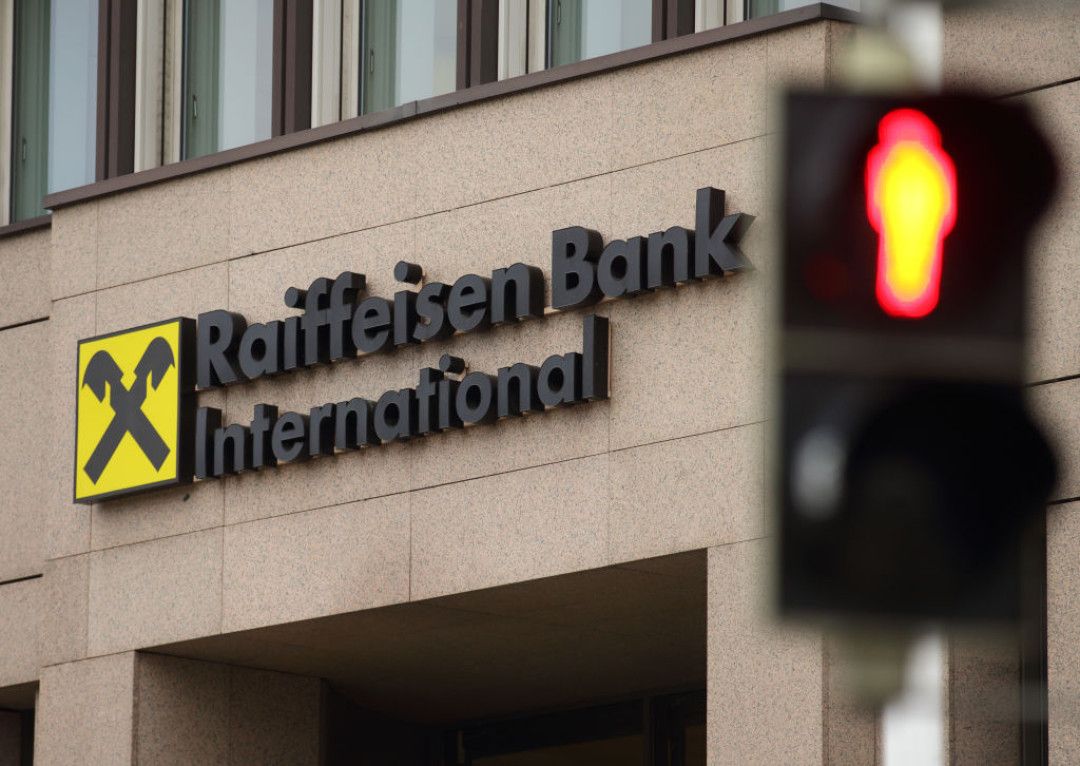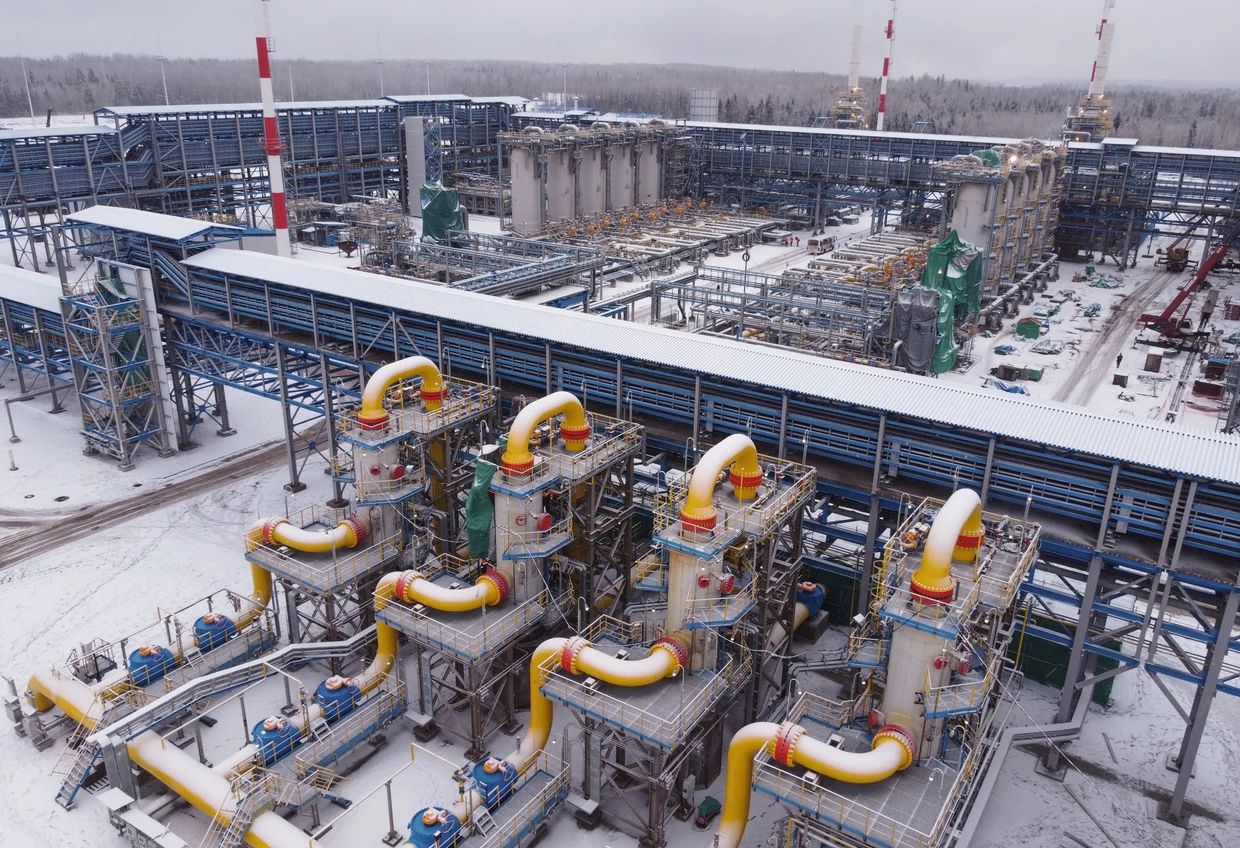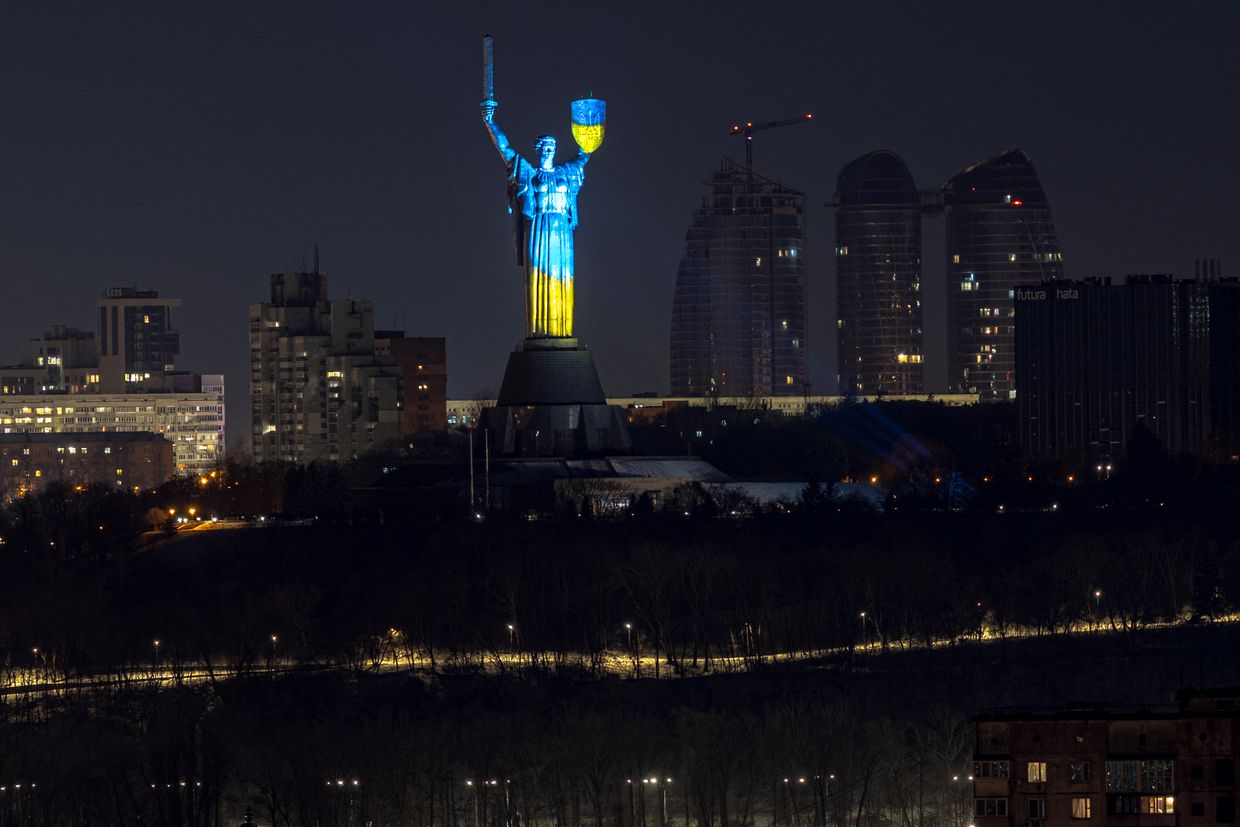Raiffeisen Bank International (RBI) is delaying its pullback from Russia as Austria wants to safeguard its long-standing ties with Moscow, Reuters reported on July 6, citing three undisclosed sources.
According to the news agency, Austria and RBI are resisting the pressure to leave Russia in hopes that the invasion of Ukraine will end soon.
Some officials in Vienna are reportedly averse to cutting decades of relationship-building with Moscow. They hope the ties can be restored after the war, despite Austria's public support of Ukraine, the sources told Reuters.
The Vienna-based bank group, the largest remaining Western bank in Russia, has come under increased pressure to exit the country.
On Feb. 18, Reuters reported that the U.S. Office of Foreign Assets Control (OFAC) was investigating Raiffeisen for its activities in Russia. The European Central Bank (ECB) urged Raiffeisen on March 24 to devise an exit strategy for selling or shutting down the group's Russia branch of operations.
According to Reuters, RBI has not yet outlined its plan to the ECB and wants to wait for the approval of the European authority before asking its shareholders for shuttering Russia operations, making the exit unlikely before September.
Raiffeisen also needs the approval of the Russian government and its central bank before it can make the move, Reuters wrote. According to the news agency's sources, Moscow hopes for the Raiffeisen to stay as it enables international payments.
As Austria's second-largest bank lender, Raiffeisen plays a significant role in Russia's financial system and is one of only two foreign banks classified as "systemically important" by the Russian central bank.
This underscores the bank's importance to the Russian economy, particularly in the face of extensive Western sanctions. Despite the full-scale invasion of Ukraine in February 2022, Raiffeisen has continued to operate in Russia.
In 2022, the bank generated a net profit of $4.1 billion, with $2.2 billion of that coming from Russia alone. Russians have entrusted more than $22 billion to the bank.













